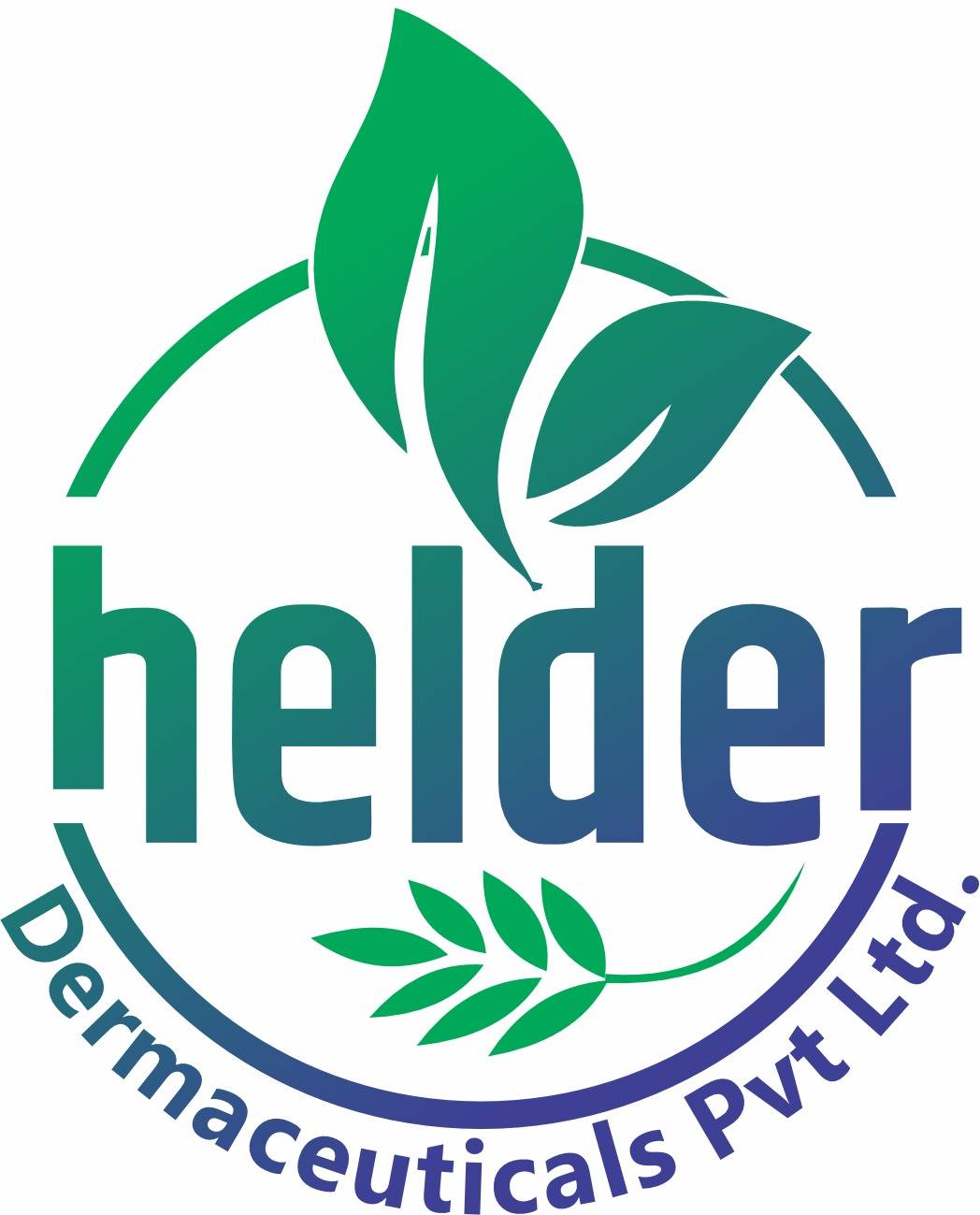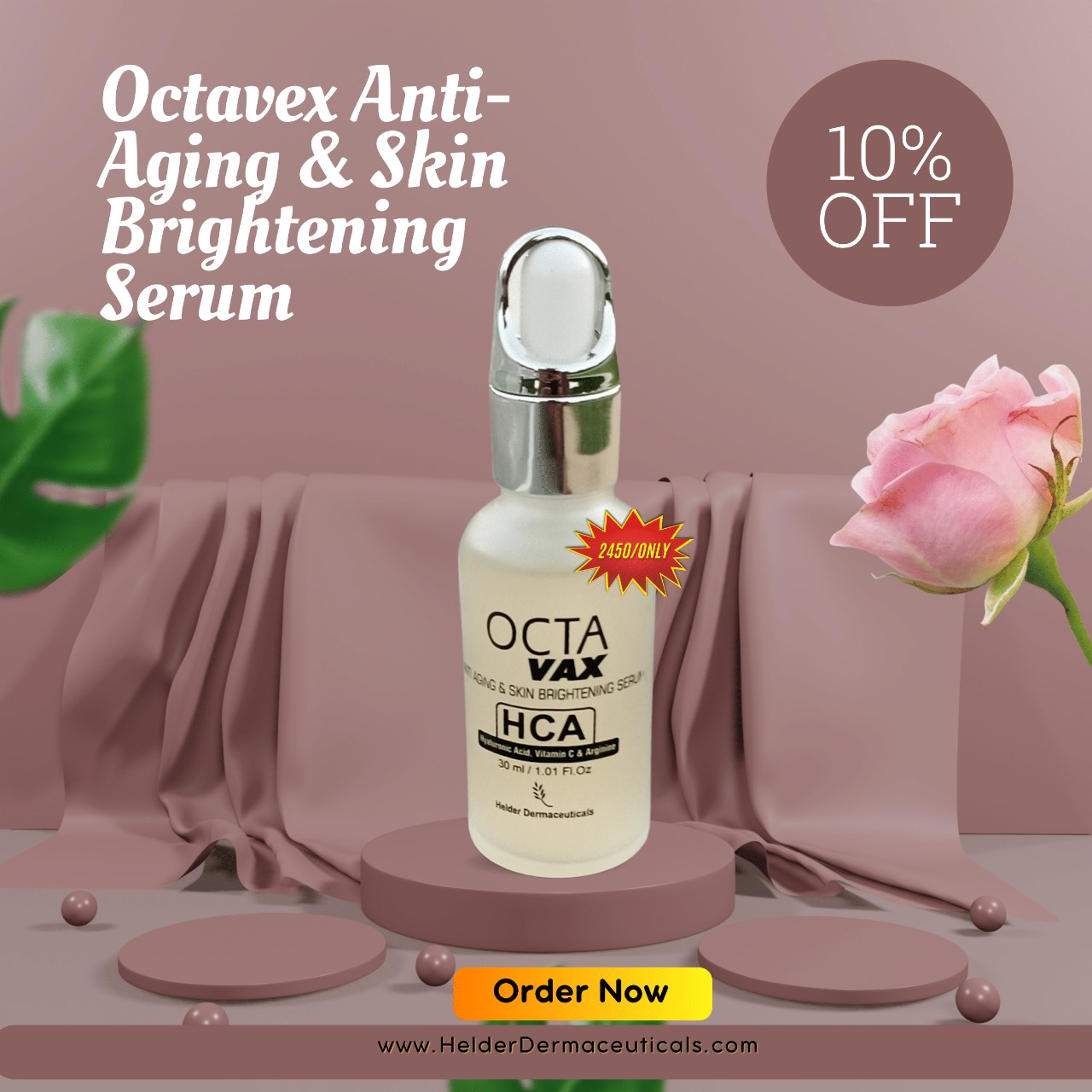Introduction
Hook: The universal desire for youthful, even-toned skin.
Introduce the intertwined nature of Anti-Aging and Skin Whitening concerns. Explain how these two goals often share underlying biological pathways (e.g., oxidative stress, inflammation).
Briefly state the article’s purpose: to delve into key ingredients that offer benefits for both Anti-Aging and Skin Whitening.
Thesis statement: Many powerful skincare ingredients provide dual benefits, addressing the visible signs of aging while simultaneously promoting a brighter, more uniform complexion.
Understanding the Mechanisms: Why Dual Action is Possible
Briefly explain skin aging:
- Collagen and elastin degradation (fine lines, wrinkles, loss of firmness).
- Cellular turnover slowing down.
- Oxidative stress from free radicals (UV, pollution).
- Inflammation.
Briefly explain skin hyper pigmentation:
-
- Overproduction or uneven distribution of melanin (dark spots, melasma, post-inflammatory hyperpigmentation).
- Triggered by UV exposure, inflammation, hormonal changes.
- The Overlap:
- Oxidative stress: A major contributor to both aging (collagen breakdown) and hyperpigmentation (melanin production). Antioxidants are key for both Anti-Aging and Skin Whitening.
- Inflammation: Can accelerate aging and trigger melanin production. Ingredients that calm inflammation help both Anti-Aging and Skin Whitening.
- Cellular turnover: Speeding it up helps shed old, pigmented cells and promotes new, healthier skin for both Anti-Aging and Skin Whitening.
Key Ingredients with Dual Benefits for Anti-Aging and Skin Whitening
Retinoids (Retinol, Retinaldehyde, Tretinoin):
- Anti-Aging: Boost collagen production, accelerate cell turnover, reduce fine lines and wrinkles.
- Skin Whitening: Promote shedding of pigmented cells, inhibit melanin transfer, improve overall skin tone.
- Mechanism: Interact with retinoid receptors to regulate gene expression, promoting skin renewal.
- Keyword use: “Retinoids are arguably the gold standard for both Anti-Aging and Skin Whitening due to their comprehensive effects.”
Vitamin C (Ascorbic Acid and derivatives):
- Anti-Aging: Potent antioxidant (neutralizes free radicals), boosts collagen synthesis.
- Skin Whitening: Inhibits tyrosinase (enzyme crucial for melanin production), reduces existing hyperpigmentation.
- Mechanism: Antioxidant action, co-factor for collagen synthesis, tyrosinase inhibition.
- Keyword use: “When it comes to Anti-Aging and Skin Whitening, Vitamin C stands out as a multi-talented powerhouse.”
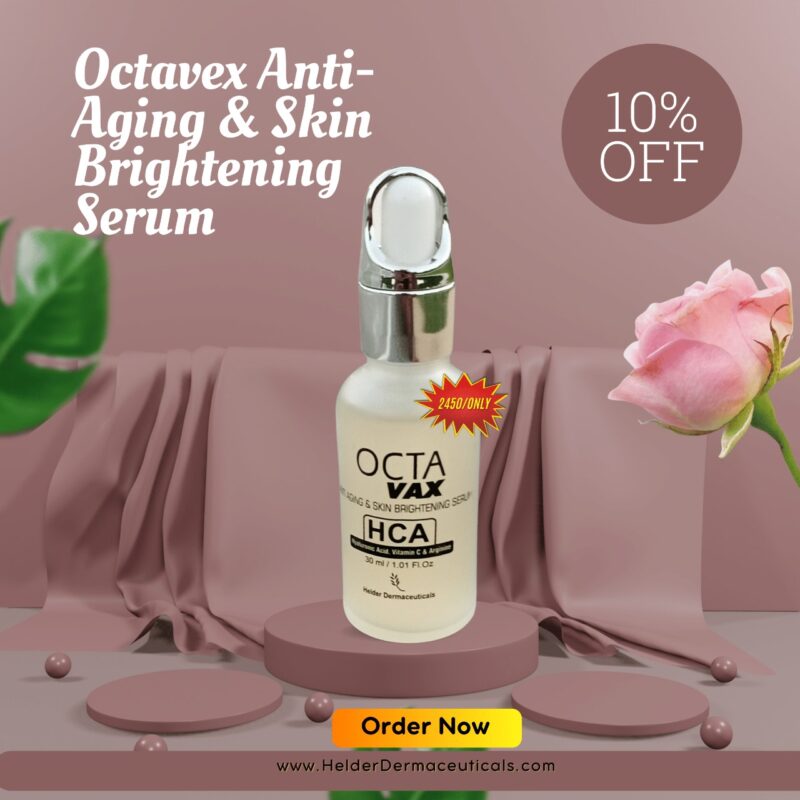
Niacinamide (Vitamin B3):
- Anti-Aging: Improves skin barrier function, reduces inflammation, enhances elasticity.
- Skin Whitening: Inhibits melanosome transfer from melanocytes to keratinocytes (prevents pigment from reaching the skin’s surface).
- Mechanism: Wide-ranging cellular benefits, including inhibition of melanin transfer.
- Keyword use: “For a holistic approach to Anti-Aging and Skin Whitening, niacinamide is an increasingly popular choice.”

Alpha Hydroxy Acids (AHAs – Glycolic Acid, Lactic Acid):
- Anti-Aging: Exfoliate dead skin cells, stimulate collagen production over time, improve skin texture.
- Skin Whitening: Promote shedding of pigmented cells, reduce surface discoloration.
- Mechanism: Weaken bonds between dead skin cells, leading to exfoliation.
- Keyword use: “AHAs offer effective exfoliation, contributing significantly to both Anti-Aging and Skin Whitening outcomes.”
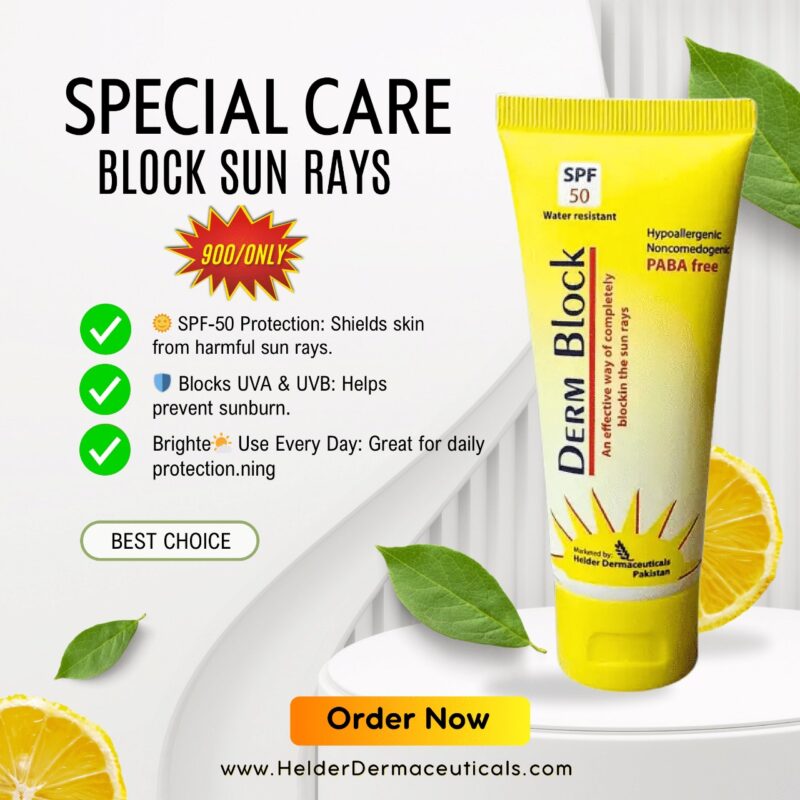
Synergistic Approaches: Combining Ingredients for Optimal Results
Explain that single ingredients are good, but combinations are often better.
Examples of effective combinations for Anti-Aging and Skin Whitening:
- Retinoids + Niacinamide (for irritation reduction and enhanced brightening).
- Vitamin C + Ferulic Acid + Vitamin E (enhanced antioxidant protection).
- AHAs + tyrosinase inhibitors (exfoliation for better penetration, plus direct pigment reduction).
- Sunscreen: Emphasize that sunscreen is non-negotiable for both Anti-Aging and Skin Whitening, as UV is the primary trigger for both. Without it, other ingredients are less effective.
- Keyword use: “Achieving comprehensive Anti-Aging and Skin Whitening results often involves a synergistic approach, combining ingredients that work different pathways.

Important Considerations and Best Practices
- Patience is Key: Skincare results take time, especially for Anti-Aging and Skin Whitening.
- Patch Testing: Always recommend for new products.
- Consistency: Regular use is crucial.
- Professional Guidance: Suggest consulting dermatologists for severe concerns or personalized routines.
- Sun Protection: Reiterate the absolute necessity of broad-spectrum SPF 30+ daily for maintaining Anti-Aging and Skin Whitening benefits.
- Keyword use: “While effective ingredients are crucial, successful Anti-Aging and Skin Whitening also hinges on consistent use and diligent sun protection.”
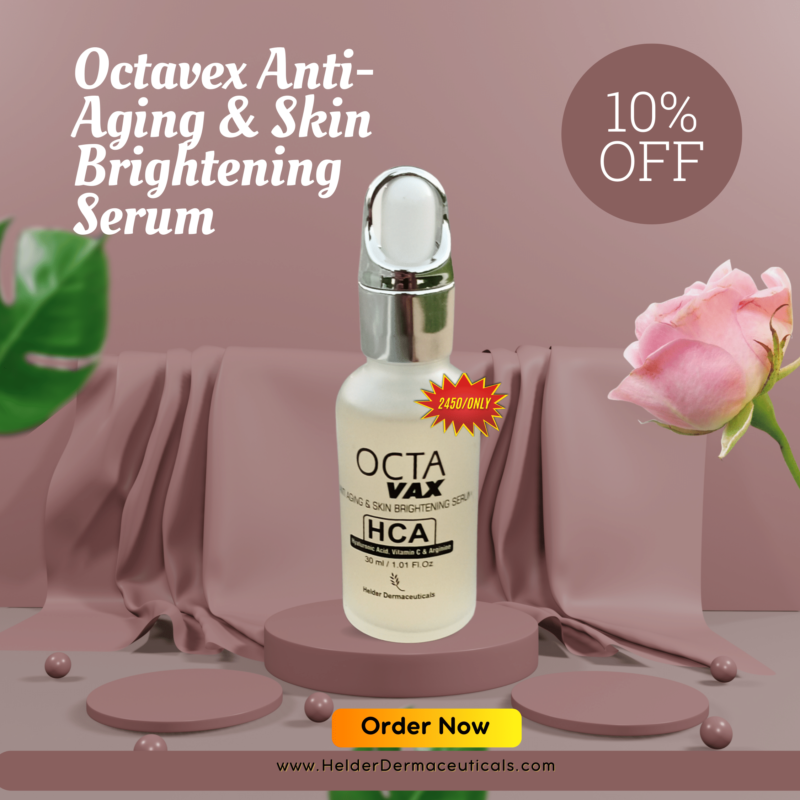
Conclusion

Summarize the main argument: Many ingredients effectively tackle both Anti-Aging and Skin Whitening by addressing shared biological mechanisms.
Reiterate the power of a well-formulated routine with synergistic ingredients.
Final thought on the journey to healthy, radiant, and even-toned skin, emphasizing that the dual pursuit of Anti-Aging and Skin Whitening is not just about aesthetics but also about skin health.
